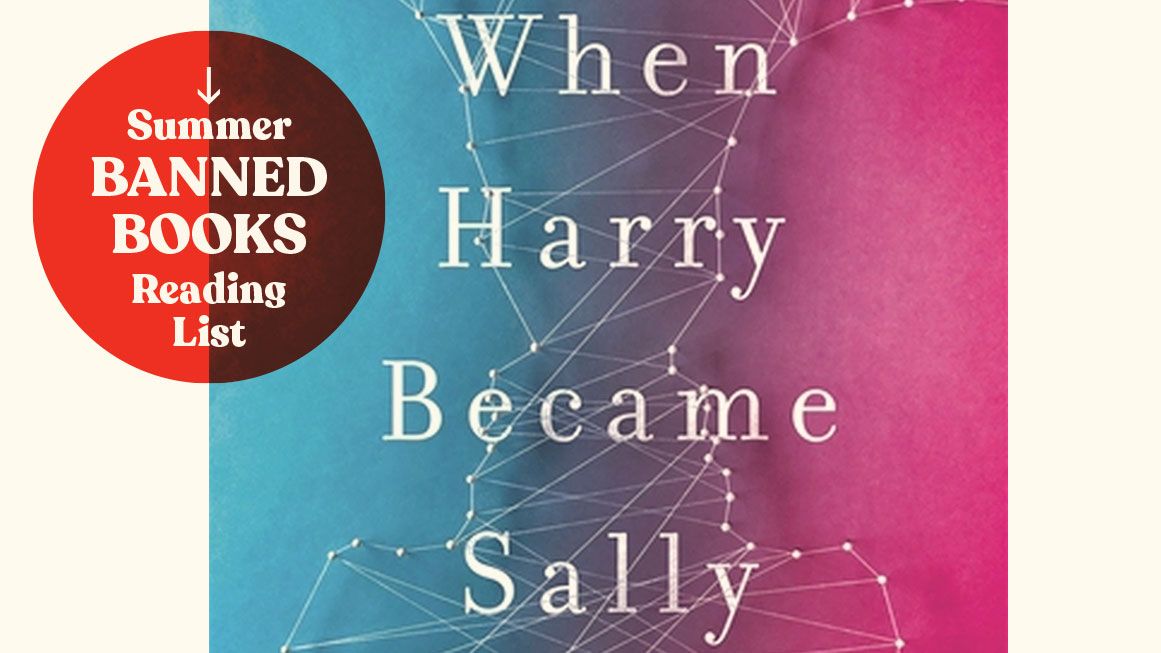How the Controversy Around When Harry Became Sally Boosted Its Popularity
Amazon's decision to stop selling the book shows the pressure platforms are under to reject speech that doesn't conform to progressive orthodoxy.

I was worried I wouldn't be able to stomach When Harry Became Sally: Responding to the Transgender Moment, Ryan T. Anderson's 2018 book on gender identity in modern America. Anderson is a Catholic pundit who made a name for himself opposing same-sex marriage at a time when even many of his conservative peers had let that one go. Yet, while there's plenty in the book for socially liberal folks (myself included) to disagree with, it isn't brimming with blatant bigotry. One might argue that he has selectively wielded data and anecdotes, and one might disagree with the conclusions he draws—chief among them that helping people with gender dysphoria accept their birth sex may be a more effective and humane course of action than hormone treatments and surgeries. But this isn't a wildly hateful or inflammatory book.
That's what makes Amazon's 2021 decision to stop selling When Harry Became Sally so strange. The megaplatform is home to all sorts of socially conservative books, including Anderson's previous publications on marriage. It carries works from radical feminists, whose takes on transgender issues often mirror those of conservatives. It carries a Matt Walsh book calling trans ideology "collective insanity." It sells Michelle Malkin's defense of internment camps.
What made Amazon single out When Harry Became Sally? The company's vice president of public policy explained that they "have chosen not to sell books that frame LGBTQ+ identity as a mental illness." And yet, gender dysphoria is still included in the American Psychiatric Association's Diagnostic and Statistical Manual of Mental Disorders—available on Amazon.
This isn't the sort of censorship we typically lament when it comes to book bans. As a private company, Amazon can sell or not sell any titles it chooses. When Harry Became Sally can still be found in myriad places—I picked up a copy through Barnes & Noble—and perhaps Anderson is getting the last laugh: The controversy has brought ample attention to his product, and his publisher can (and does) market it as "the book Amazon doesn't want you to read."
But Amazon's decision reflects a way of thinking about intellectual pluralism on digital platforms, which are under pressure to reject speech that doesn't conform to certain progressive orthodoxies. And tech platforms, along with book publishers and distributors, seem increasingly apt to give in to these campaigns. In Anderson's case, Amazon's decision seems motivated more by high-profile ire at When Harry Became Sally than by anything uniquely offensive within it.
This article originally appeared in print under the headline "When Harry Became Sally."


Show Comments (168)